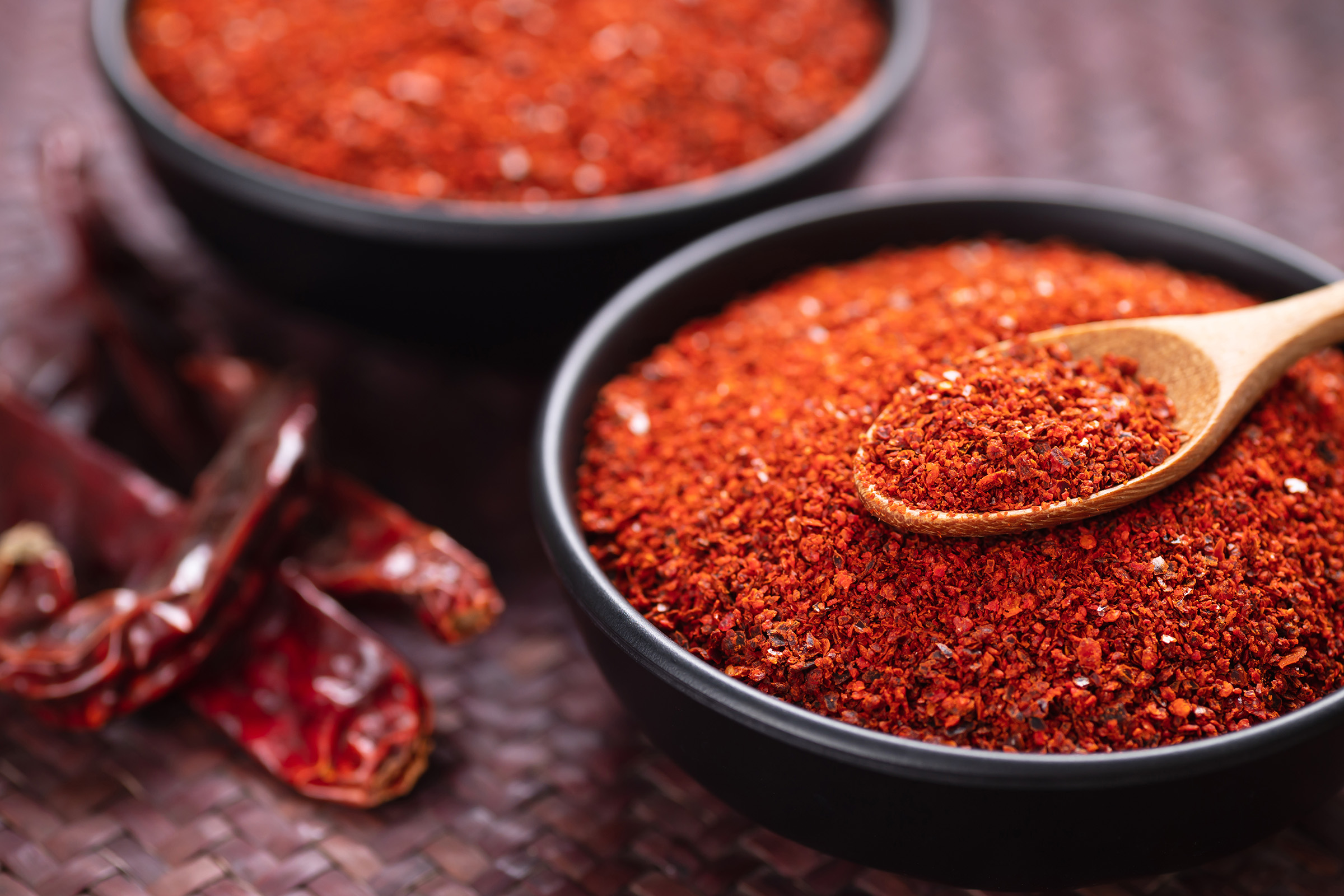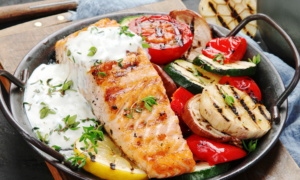Eating chili during pregnancy could help lower the risk of gestational diabetes, a condition that affects up to 10 percent of expectant mothers.
Gestational diabetes often disappears after childbirth, but, if left untreated, it can pose serious health risks to both mother and baby.
“Our research aimed to study the roles of bean consumption in gestational diabetes, including chili, dried beans and bean soup,” first author Dr. Xiaozhong Wen, associate professor of pediatrics in the Division of Behavioral Medicine in the Jacobs School of Medicine and Biomedical Sciences at the University of Buffalo, said in a statement.
Chili Reduced Risk by About Half
The study, recently published in the journal
Nutrients, analyzed data from nearly 1,400 pregnant women who ate different kinds of beans during pregnancy, such as chili, dried beans, or bean soup. They were asked about the frequency of consumption and portion size of dried beans, chili, and bean soup over the previous month. They also reported the status of gestational diabetes.
The results showed that pregnant women who ate chili once a month had a 3.5 percent risk of developing gestational diabetes, compared to 7.4 percent for those who never ate chili. However, those who ate chili two to three times per month or more had around the same gestational diabetes risks as never-consumers.
Pregnant women who ate beans also did not have significant differences in gestational diabetes to women who did not eat them.
In terms of chili consumption, it was relatively high in mothers who were black, as well as mothers who did not attend college, those with larger households of four or more members, families with household incomes below $25,000 a year, and recipients of the Special Supplemental Nutrition Program for Women, Infants, and Children.
“Interestingly, only chili consumption was statistically significantly associated with the risk of gestational diabetes,” Wen said.
Plant Compounds Could Confer Benefit
The relationship between chili and lower risk is not yet fully understood, but the researchers noted that certain components in chili, such as capsaicin—the compound that gives peppers their spiciness—and compounds found in dark beans might help improve blood sugar levels.
“Both human and animal studies have shown that capsaicin and phenolic compounds have some potential benefits of improving glycemic control through slowing glucose absorption and increasing insulin secretion and/or insulin sensitivity,” Wen stated.
Wen cautioned that the study was relatively small and needs to be confirmed with larger, more diverse populations. However, he suggested that pregnant women, especially those at risk of developing gestational diabetes, could consider adding moderate chili consumption to their diets as part of a balanced approach.
Beans are a “great choice” during pregnancy, Carol-Ann Robert, a registered dietitian in Nova Scotia, Canada, told The Epoch Times. They’re high in fiber, “which helps keep blood sugar levels more stable and can reduce the risk of gestational diabetes.”
Beans are also a great plant-based protein source, important for a baby’s growth and development, she noted. This is because beans contain nutrients that include folate, iron, magnesium, and potassium, all of which help support a healthy pregnancy.
“As for chili, it depends on how it’s made,” Robert said. “Homemade chili made from beans, vegetables, lean meat or plant protein, and an appropriate level of spice can be a nutritious meal. Adding toppings such as tomatoes, peppers, and onions brings in more vitamins and antioxidants.”
Potential Downsides to Chili During Pregnancy
For pregnant women considering adding chili to their diet, Robert said there are a few things to keep in mind.
“First, many pregnant women already experience heartburn or stomach discomfort, particularly towards the end of pregnancy,” she said. “Spicy foods such as chili can sometimes make those symptoms worse. If you’re someone who already tends to get heartburn easily, chili may not agree with you.”
Also, some chili recipes use canned beans, pre-made sauces, or spice mixes, which tend to be quite high in salt. “Too much sodium can lead to water retention or raise your blood pressure, and for pregnant women who are at risk of preeclampsia (a serious condition involving high blood pressure), that’s something to be careful about,” she added.
If chili includes red or processed meats—like ground beef or sausage—“it could work against your health goals,” Robert said. Studies have shown that eating these meats during pregnancy may actually increase the risk of gestational diabetes.
Beans and spices can cause allergic reactions or digestive issues in some people. “So it’s always important to listen to your body and adjust based on your personal health needs,” she said.














